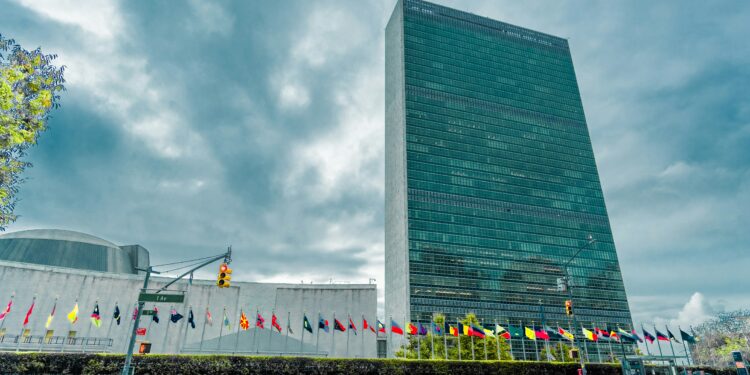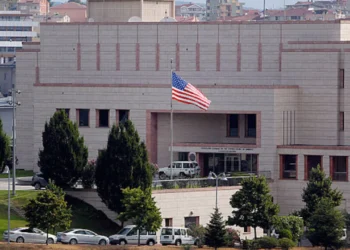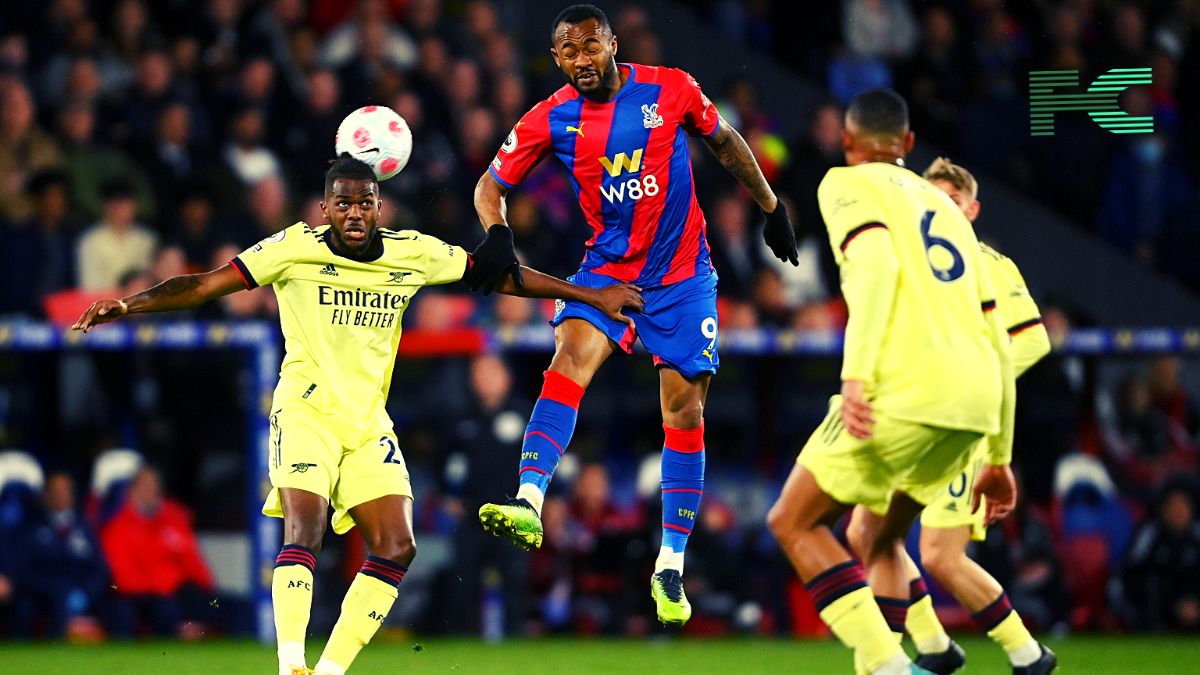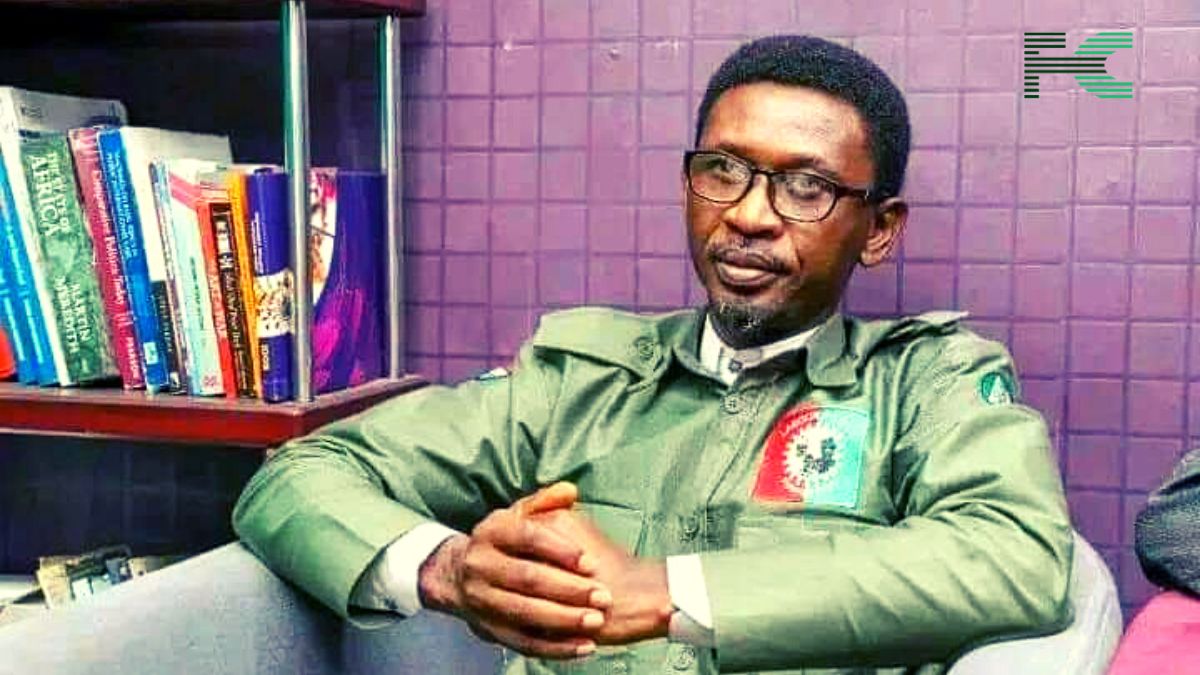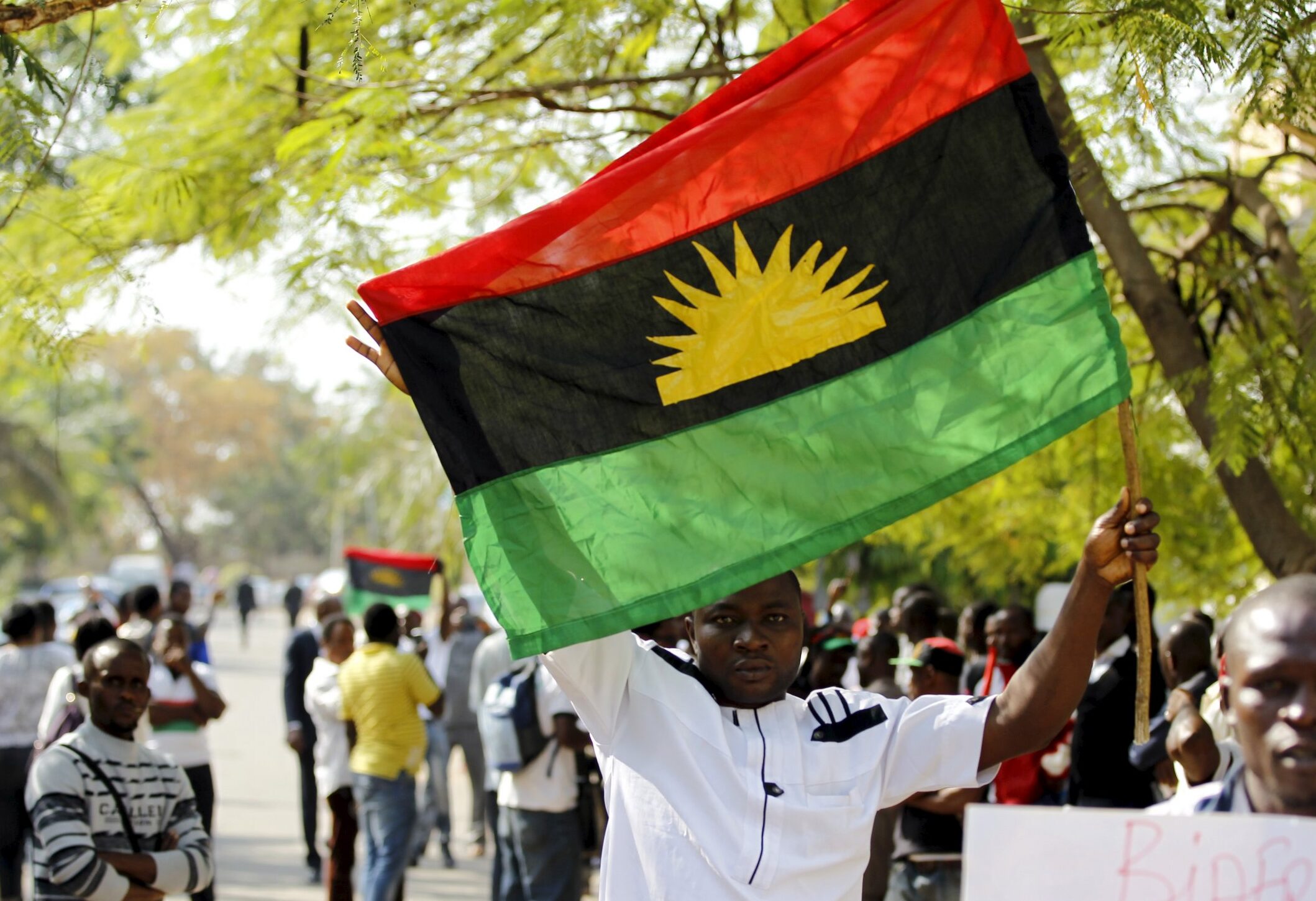The United Nations has existed for 80 years. It has survived world wars, peacekeeping failures, and endless summits about gender equality. But here’s the embarrassing truth: in eight decades, not a single woman has led the UN as Secretary-General. Nine men have worn the crown, while women have been left clapping politely from the sidelines.
The question is no longer subtle. Why has the UN never had a female chief? In an era where the institution talks endlessly about inclusion and fairness, its track record makes it look more like an exclusive men’s club than a global body for all.
Leaders Are Now Speaking Out
This year’s General Assembly in New York exposed the frustration openly. Estonia’s President said bluntly, “It is high time for a woman to be chosen.” Slovenia’s President went further, urging the world to “make history.” Even Mongolia’s leader pointed out that gender equality in UN leadership could improve decision-making. The call is growing louder, and it’s no longer just feminist NGOs raising the issue, it’s heads of state.

Yet, the decision won’t be made in the open. It will be filtered through the Security Council, a room dominated by five veto powers, none of whom are famous for giving up control easily.
A Rigged System in Fancy Wrapping
In 2015, the General Assembly asked for transparency in nominations. Countries were invited to propose candidates, and names were supposed to circulate widely. But when the moment of truth comes, the real choice is still stitched up behind closed doors in the Security Council.
This is why the UN has never had a female chief: the process is built for backroom deals, not fairness. The permanent five, the U.S., China, Russia, Britain, and France guard the gate. And when push comes to shove, they prefer someone safe, predictable, and yes, usually male.
Regional Politics vs. Gender Equality
Another excuse is the so-called “regional rotation.” After António Guterres, the next Secretary-General is “supposed” to come from Latin America. This is why Chile’s President Gabriel Boric is pushing Michelle Bachelet, a former head of state with UN experience. On paper, she ticks every box: former president, former UN High Commissioner for Human Rights, even a health and defense minister.
Gender equality becomes a side issue once regional politics enter the room. If Latin America is the focus, the fight may boil down to whether Latin American men outmuscle Latin American women in the nomination process. Once again, gender becomes negotiable.
The UN’s Gender Hypocrisy
This is where the hypocrisy is impossible to ignore. The UN has entire agencies dedicated to women’s empowerment. It issues glossy reports about gender equality. It celebrates International Women’s Day with hashtags and photo ops. But when it comes to its top job, women are treated like inspirational decoration, not serious contenders.
Five women have managed to hold the year-long presidency of the General Assembly, out of 193 member states and 80 years. That statistic alone should shame the institution that claims to lead the fight for gender parity.
Will 2026 Break the Curse?
Guterres leaves in 2026. The world now has a chance to fix what looks increasingly like a global embarrassment. If the next Secretary-General is once again another man, the UN will confirm what critics already whisper: it preaches equality but practices tradition.
The truth is simple. If the UN cannot even put a woman in its highest office after 80 years, then its talk about gender equality rings hollow. The institution risks being remembered less for diplomacy and more for its hypocrisy.

